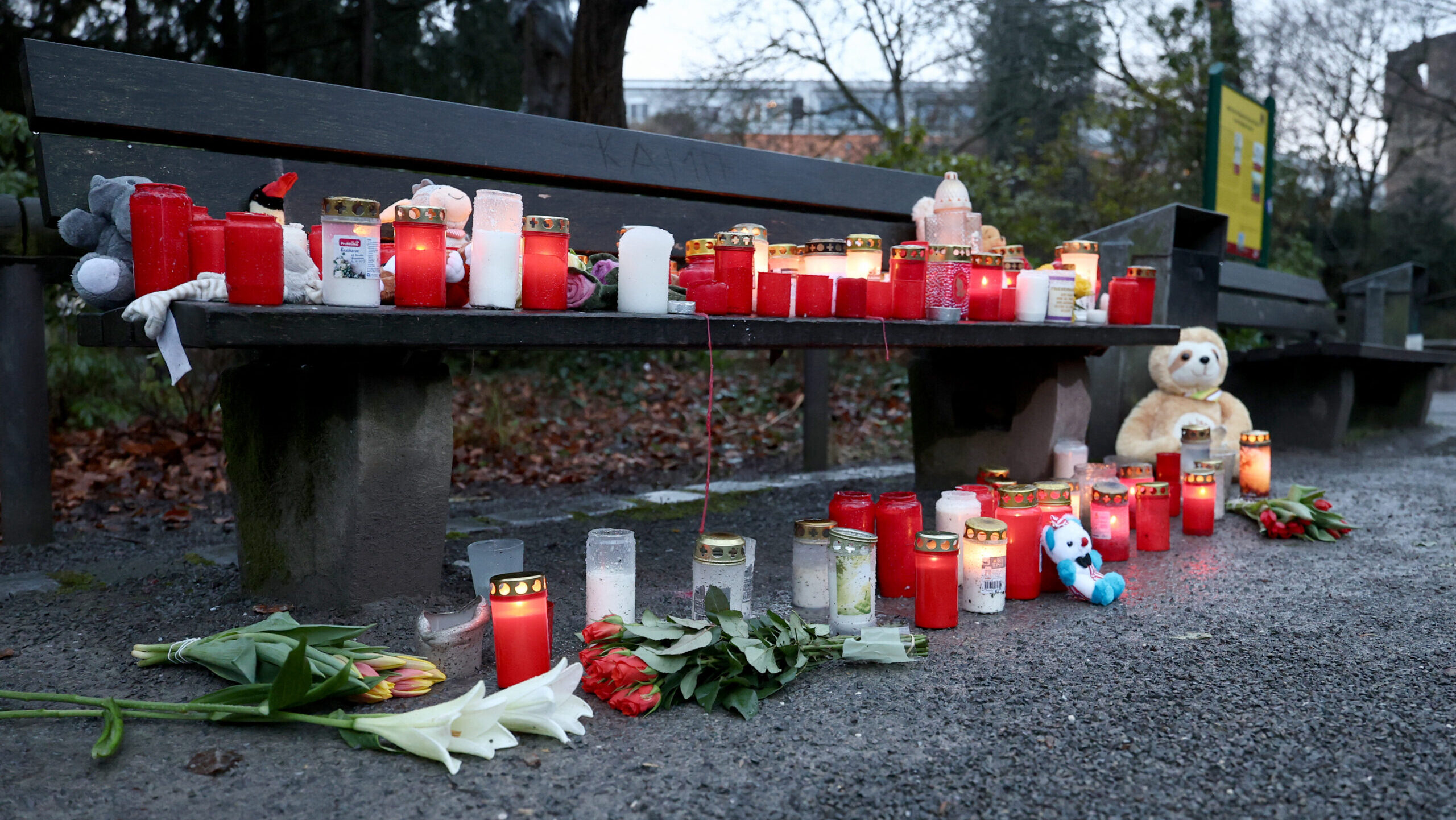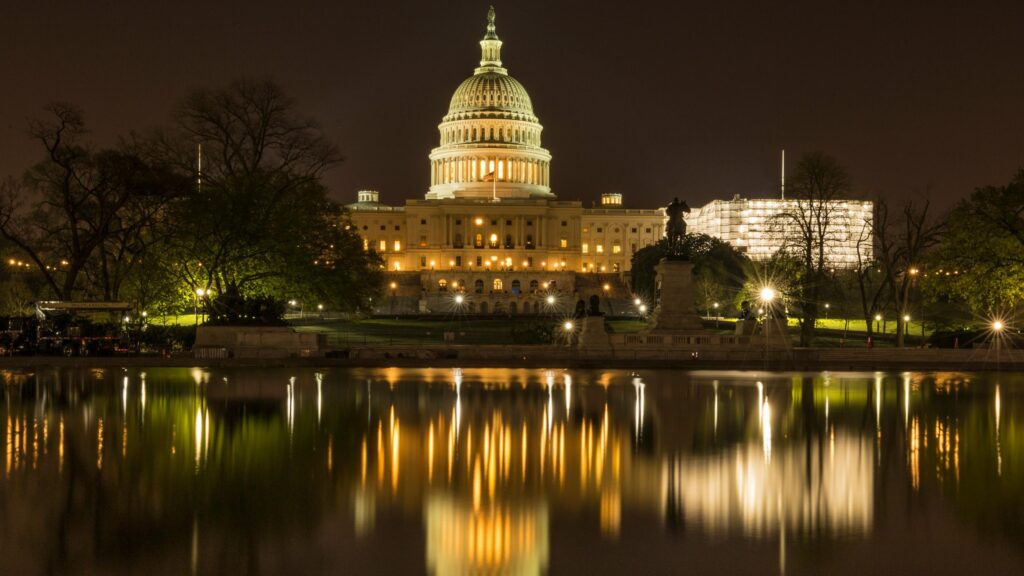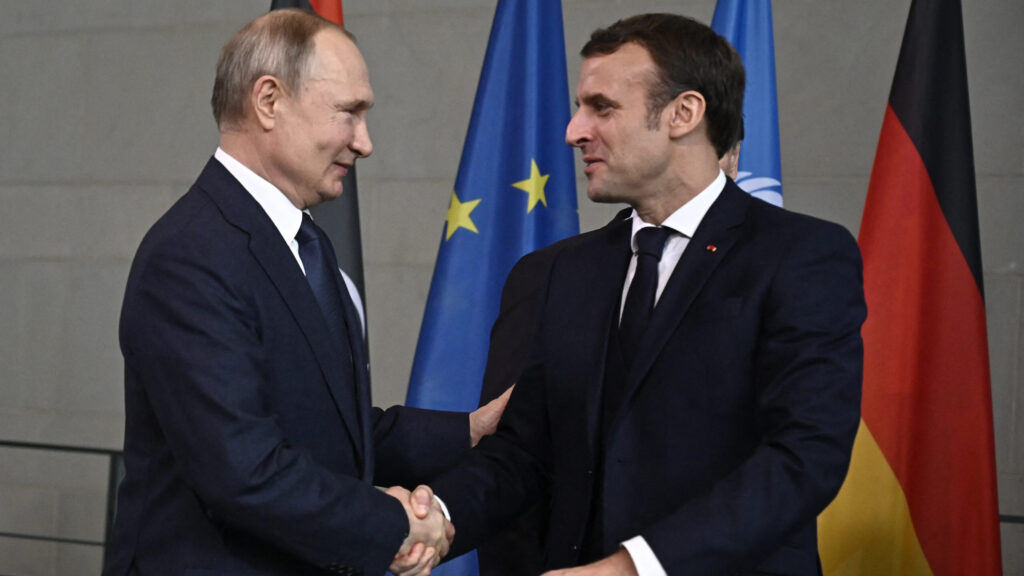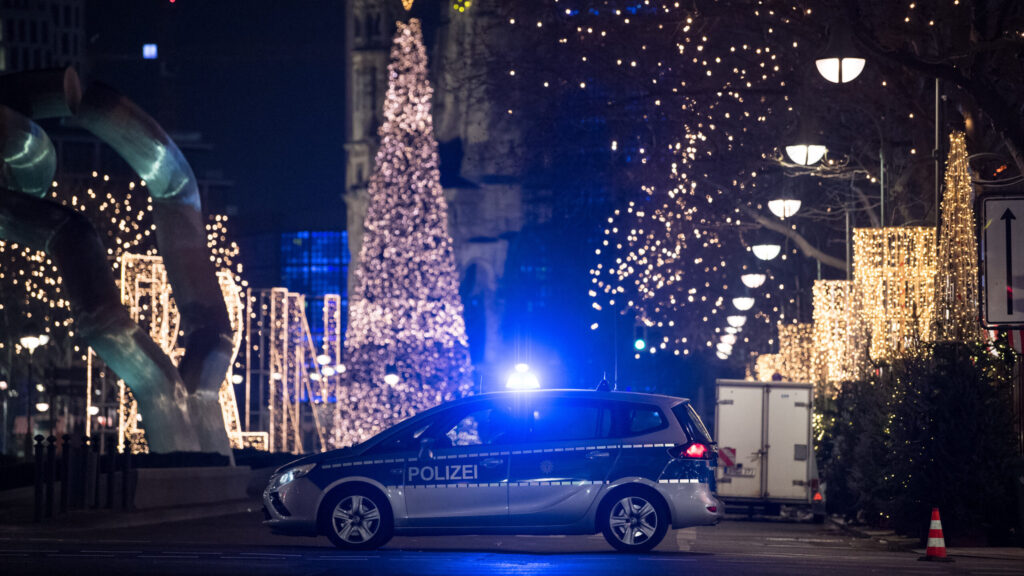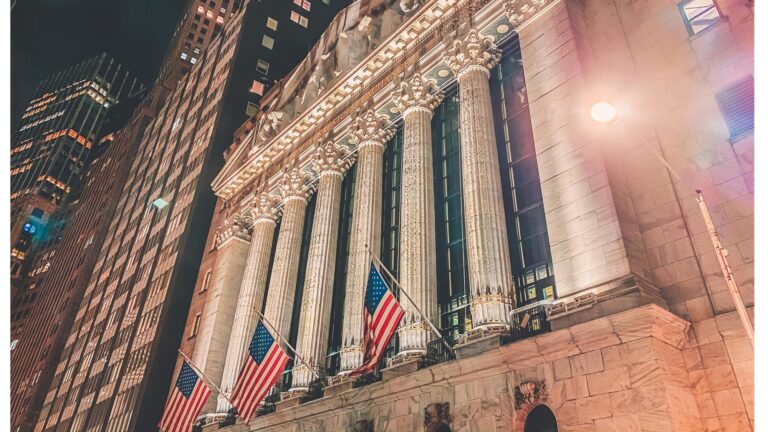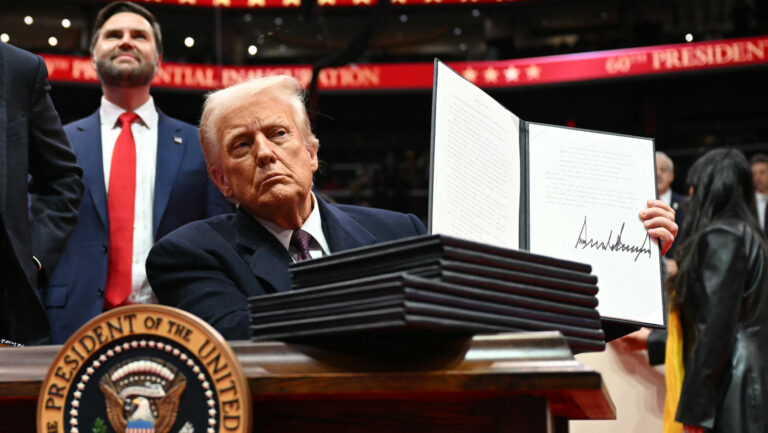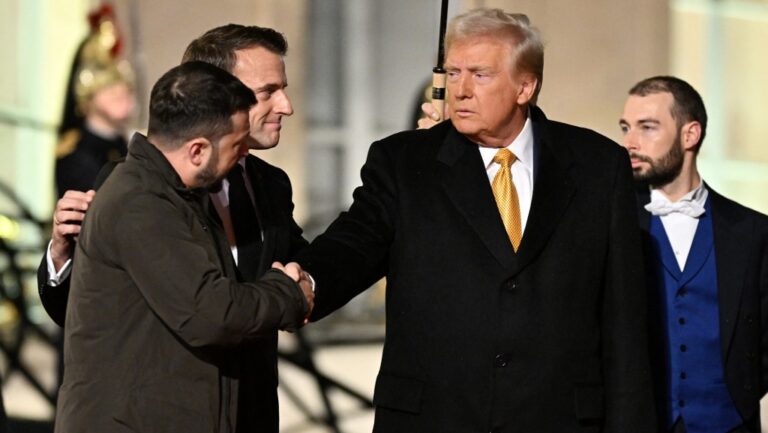A 28-year-old Afghan migrant was arrested following a knife attack on Wednesday in a park in the German city of Aschaffenburg, where two people, including a toddler, were killed. According to Reuters, the attacker deliberately targeted a kindergarten group in the park using a kitchen knife.
The victims included a 41-year-old German man and a two-year-old boy of Moroccan descent, both of whom were fatally injured. A two-year-old Syrian girl was also injured, along with three other individuals: a 61-year-old man, a child, and a teacher.
The attacker, who had a history of violent behaviour and was undergoing psychiatric treatment, had previously had his asylum process closed. He reportedly stated that he would voluntarily leave Germany in December but had not done so.
Elections Overshadowed by Migrant Terror
The latest horrific terror attack comes just over a month after a Saudi man drove a van into the Magdeburg Christmas fair in December last year, killing six people, including children, and injuring 200 more. This marks the fourth immigration-related attack in Germany within just over six months, resulting in the loss of German lives.
With just a month remaining until Germany’s early elections on 23 February, tensions are running high. The campaign was, unfortunately, kick-started by the Magdeburg attack. In the aftermath of the tragedy, the right-wing, anti-immigration Alternative für Deutschland (AfD) organized a commemoration event, where co-chair Alice Weidel delivered an emotional speech. The speech quickly went viral on social media, further bolstering the party’s growing popularity in the lead-up to the elections.
Alice Weidel on X (formerly Twitter): “”Wir wollen, dass sich endlich etwas ändert in unserem Land. Dass wir endlich wieder in Sicherheit leben können. Dass wir nie wieder mit einer Mutter trauern müssen, die auf so eine sinnlose und brutale Weise ihren Sohn verloren hat!” #Magdeburg #AfD #Weihnachten pic.twitter.com/gQX8Ueq985 / X”
“Wir wollen, dass sich endlich etwas ändert in unserem Land. Dass wir endlich wieder in Sicherheit leben können. Dass wir nie wieder mit einer Mutter trauern müssen, die auf so eine sinnlose und brutale Weise ihren Sohn verloren hat!” #Magdeburg #AfD #Weihnachten pic.twitter.com/gQX8Ueq985
The AfD is currently the second-largest party in Germany, polling at 21 per cent, 5 percentage points ahead of Olaf Scholz’s SPD, according to POLITICO’s Poll of Polls. Immigration has emerged as the central theme of the election campaign—likely even more so after this latest incident—alongside the dire state of the German economy. According to a survey by ARD-DeutschlandTREND published in early January, 37 per cent of respondents view immigration as the most pressing issue to address, 3 percentage points higher than concerns over the economy.
Reacting to the tragedy on Wednesday, AfD co-chair Tino Chrupalla emphasized the importance of deporting dangerous asylum seekers. ‘Dangerous parks must be cleared of criminals and made accessible again for children and families,’ he wrote in a post on X.
Tino Chrupalla on X (formerly Twitter): “Die Messermorde von #Aschaffenburg müssen zur Asylwende führen: Gefährliche Asylzuwanderer sind abzuschieben. Wir wollen dazu diplomatische Kontakte nach Afghanistan pflegen. Gefährliche Parks sind von Kriminellen zu räumen und wieder Kindern und Familien zugänglich zu machen…. / X”
Die Messermorde von #Aschaffenburg müssen zur Asylwende führen: Gefährliche Asylzuwanderer sind abzuschieben. Wir wollen dazu diplomatische Kontakte nach Afghanistan pflegen. Gefährliche Parks sind von Kriminellen zu räumen und wieder Kindern und Familien zugänglich zu machen….
A Turning Point for AfD
For the AfD, this election could mark a historic turning point. Since its founding in 2013, the party has been virtually excluded from federal politics, as mainstream parties have maintained a cordon sanitaire against it. However, a strong enough mandate could force a shift in the political landscape. The Christian Democrat CDU/CSU, leading the polls by a wide margin, might find itself in a position where it can only form a government with AfD support. This would align with a growing European trend in which sovereignist, patriotic parties are breaking down the ‘firewall’ erected by mainstream progressives—mirroring developments in Austria, for example.
The rise in the AfD’s popularity may have been significantly bolstered by Elon Musk, American billionaire and co-chair of the recently established Department of Government Efficiency (DOGE), who expressed strong support for the party’s views on X following the Magdeburg attack. Musk even invited Alice Weidel for a live conversation on X.
‘A strong enough mandate could force a shift in the political landscape’
During the discussion, Musk openly voiced his support for Weidel and AfD, stating: ‘People really need to get behind the AfD. Otherwise, things are going to get very, very much worse in Germany.’ He further added: ‘Alice Weidel is a very reasonable person, and hopefully people can tell just from this conversation—nothing outrageous has been proposed, just common sense.’
Chrupalla even attended Trump’s inauguration on Monday, while Scholz and CDU’s Friedrich Merz did not even get an invite.
Western European leaders, including acting chancellor Olaf Scholz, accused Musk of interfering in the German election by endorsing the AfD.
Meanwhile, in a blatantly undemocratic move, the German parliament is set to debate a potential ban on AfD next week. ‘With its constantly increasing radicalism, the AfD is expressing historically revisionist positions with increasing blatancy,’ said Marco Wanderwitz of the CDU.
Related articles:

